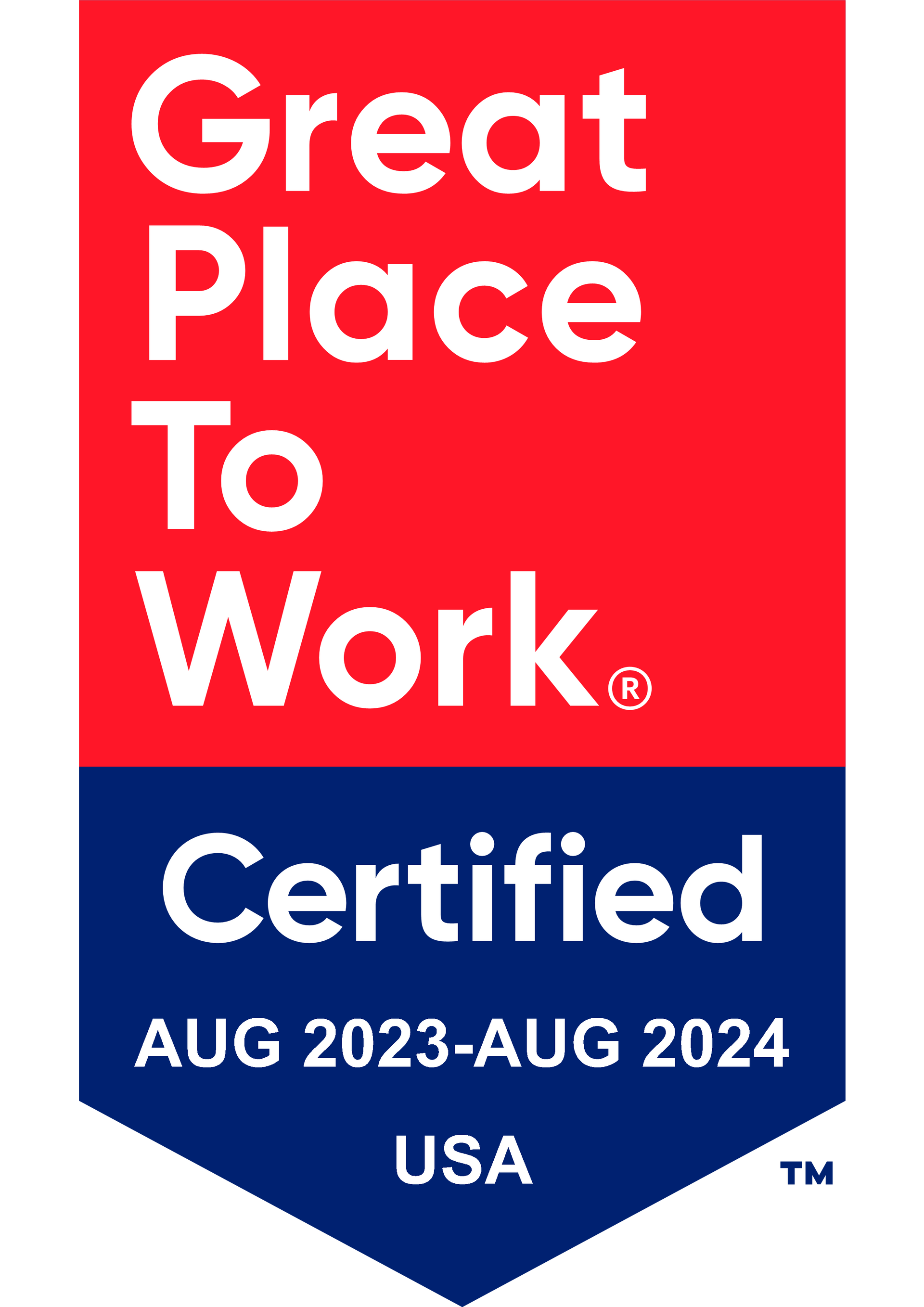Get in touch
408-366-8880
mymail@mailservice.com

How to Save Money on Small Business Employee Benefits

Self-funded health plans represent a departure from traditional fully-insured plans where employers pay a fixed premium to an insurance carrier. Instead, in a self-insured model, employers pay for out-of-pocket claims as they are incurred, often setting aside funds in a trust to cover these expenses. Let’s explore the positives and negatives of this funding model and whether your company could benefit from adopting it. For more personalized assistance with improving your employee benefits ROI, speak with a KBI Benefits agent today.
What Are Self-Insured Health Plans?
At its core, a self-insured health plan allows an employer to tailor healthcare benefits to the specific needs of its workforce, avoiding the one-size-fits-all approach of traditional insurance policies. This customization is not just about meeting employees' health needs but also about financial management. By directly funding healthcare claims, employers can improve cash flow and save on the premium taxes and margins that insurance carriers typically charge.
Furthermore, self-insured plans offer employers the opportunity to retain control over the plan's reserves, potentially earning interest income that would otherwise benefit the insurance carrier. They also allow for greater flexibility in selecting healthcare providers or networks that best match the needs of their employees, providing a potentially higher quality of care.
Why Self-Insured Health Plans?
The appeal of self-insured plans is underscored by the numbers. A report by the Employee Benefit Research Institute highlighted that a significant portion of the workforce is covered by employer-sponsored self-insured plans. This model is commonly chosen for its numerous advantages, including customizable health care plans, improved cash flow due to the absence of pre-paid premiums, exemption from state health insurance regulations, and savings on state premium taxes.
However, the suitability of self-insurance varies by employer. While large employers may comfortably absorb the financial variability of claims, smaller employers or those with less stable cash flows may find self-insuring risky. Despite this, even some small businesses with as few as 25 employees have successfully adopted self-insured health plans, highlighting the model's flexibility.
Unsure if this funding model suits your company? Speak with a KBI Benefits agent today to schedule an in-depth audit.
Risk Management and Administration
One of the critical concerns with self-insuring is the potential for unpredicted or catastrophic claims. To mitigate this, many employers purchase stop-loss insurance, which covers claims exceeding a certain amount. This strategy helps manage risk while still allowing employers to enjoy the benefits of self-insuring.
Claims administration is another crucial aspect. Employers may choose to handle it in-house or outsource it to a third-party administrator (TPA). TPAs can offer valuable services in setting up and managing self-insured plans, including coordinating stop-loss insurance and provider networks.
Compliance and Employee Contributions
Self-insured plans are subject to a range of federal laws, including ERISA, HIPAA, and COBRA. These regulations ensure that plans provide fair and consistent benefits and protect employees' rights. Employee contributions towards their coverage continue to be processed through payroll deductions, maintaining a familiar structure for funding their benefits.
The Conclusion: Finding the Right Balance
While self-insured health plans offer numerous advantages, they are not suitable for every business. The decision to self-insure should be based on a comprehensive analysis of an employer's financial stability, risk tolerance, and the specific healthcare needs of its workforce. For those considering this path, working with a knowledgeable partner can make all the difference.
This is where KBI Benefits comes in. Specializing in developing creative financing models, KBI Benefits can enhance your employee benefits ROI by as much as 40%. By partnering with KBI Benefits, employers can discover the optimal funding structure for their benefits plan, tailored to their unique needs and circumstances. Whether you're looking to transition to a self-insured model or optimize an existing plan, speaking with a KBI Benefits agent today could be the first step towards a more efficient and effective benefits strategy.
Services
Latest Thinking



